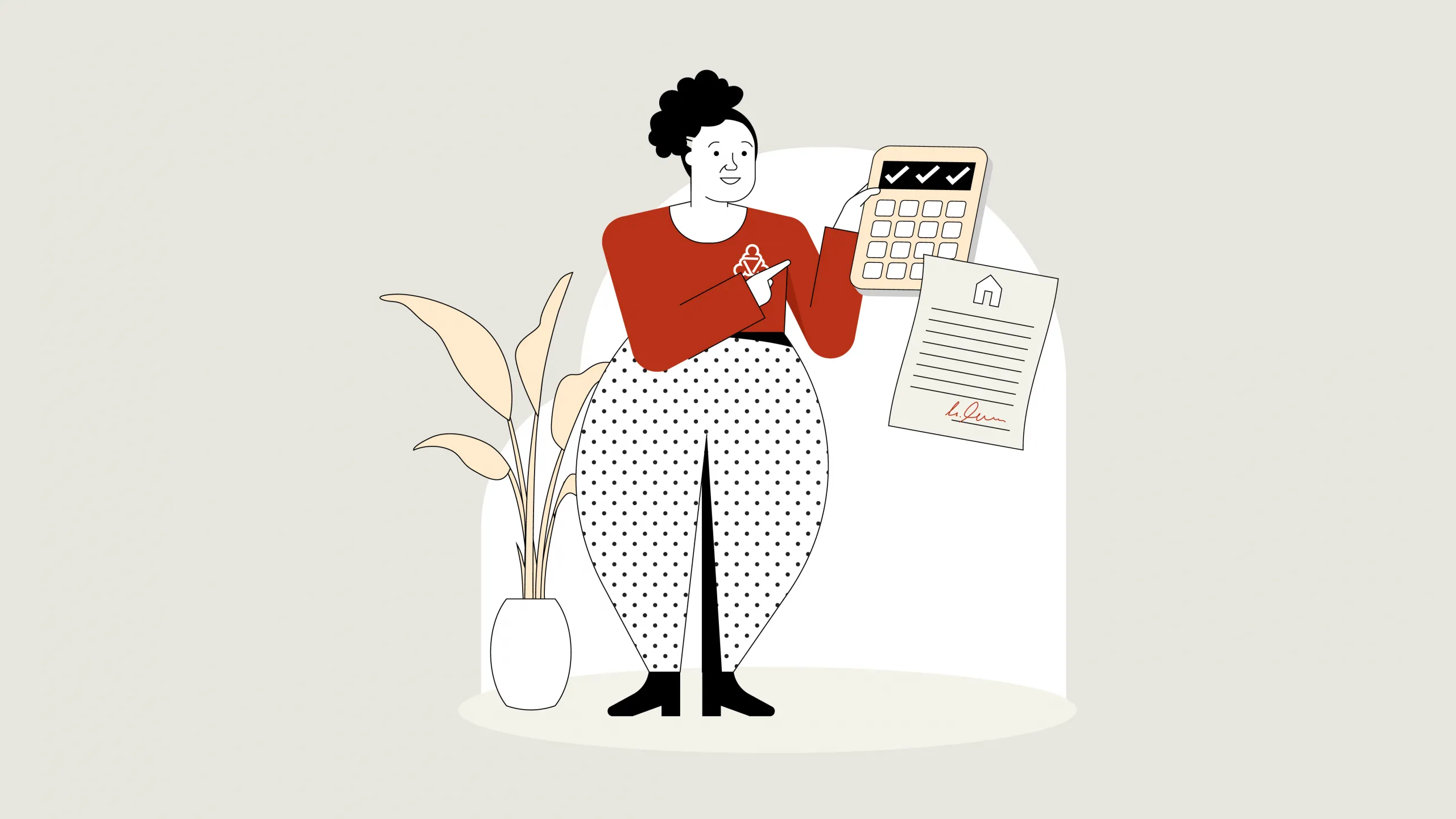Advice and support are available free of charge throughout Germany to persons who are homeless or are facing a housing emergency. The subsequent services and offerings are usually free of charge to homeless individuals.
Emergency Housing Aid

The key points in a nutshell.
Housing is a basic human need. Germany’s housing aid associations – which go by the name Wohnungslosenhilfe – are there to support you in an emergency, such as having to live on the street or at a homeless shelter. You can also turn to them for advice if you are afraid that you might become homeless soon. The housing aid associations offer assistance to help you overcome the situation.
On this page, you can find out more about the basics of obtaining housing aid.
Help for homeless people
You can make use of emergency housing assistance if you have no home.
This is the case if you:
- live without your own apartment (or residential property) secured by tenancy law and are not accommodated in public facilities,
- are without any accommodation and are living "on the street",
- live in temporary accommodation (e.g. shacks, caravans or gazebos),
- are living in emergency accommodation or in housing allocated by local authorities
- are temporarily staying with friends, acquaintances or relatives,
- are living temporarily at their own expense in commercial temporary accommodation (hotel, guesthouse, etc.).
Help for people in a difficult housing situation
Even if you are not homeless, Wohnungsnotfallhilfe can be a good point of contact for your difficult housing situation (housing emergency).
This is the case if you:
- are at immediate risk of homelessness because the loss of your current home is imminent,
- live in unacceptable housing conditions,
- were affected or threatened by homelessness in the past and are still dependent on support and prevention to prevent this from happening again,
- live in separate accommodation as immigrants and are currently affected by homelessness.
The facts about housing aid
Housing aid associations are generally responsible for:
- preventing homelessness;
- helping homeless individuals transition to regular, permanent housing;
- providing support to persons previously facing or experiencing homelessness.
The services available depend on the association and its main focus. For example, not all providers can offer help with looking for housing. In such an event, the organisation will help you get in touch with the right agency.
Many aid associations provide the following services:
- advice for people facing homelessness and information on how to keep their housing;
- advice for people who have fallen behind on their rent and help getting in touch with the proper authorities;
- support in the case of problems with institutions such as public authorities, administrative bodies, landlords or utility companies;
- help setting up a postal address for receiving mail;
- psychosocial support in personal emergencies and advice on obtaining medical care;
- help getting in touch with agencies and other support services;
- help looking for housing;
- information on overnight and day shelters or food banks.
Contacting a housing aid association is easy.
Get in touch with your local housing aid provider personally, by phone or by e-mail and arrange an appointment.
During your meeting with your counsellor, you can discuss your situation and work together to find a possible solution. There are many reasons why people encounter difficulties and lose their homes. While it may take some effort, seeking help is an important first step in finding a way out.

Find a counseling center online
Here you can search for suitable advice centers and book appointments - online or on site.
Good to know.
The advice is confidential. You can also contact a housing aid association anonymously. Simply ask your local provider.
The local authorities and districts are usually responsible for providing advice and combating homelessness. They are obliged under the Public Order Authorities Act to provide accommodation for people without shelter. In addition, voluntary welfare organizations (Caritas, Red Cross, etc.) and private organizations also provide advice and help in overcoming and combating homelessness.
You can use the counseling center finder to find an advice center near you.
You do not need to bring any documents with you to your first meeting. At a later meeting, you may need to bring the following documents with you (if you have them):
- ID card or passport;
- lease agreement or rental contract;
- verification of employment or payslip;
- evidence of payment obligations;
- lease termination notice;
- records of eviction proceedings;
- eviction notice or order to vacate property.
A housing aid association can help you if you are at risk of becoming homeless. It can provide advice if:
- you are behind on your rent;
- your lease has been terminated without notice;
- legal action has been taken to initiate eviction proceedings against you;
- you are facing immediate eviction or have been ordered to vacate your property.
The staff at the organisation can also help you:
- get in touch with your landlord to reach a payment agreement or pay off rent arrears;
- deal with the authorities;
- apply for social services.
